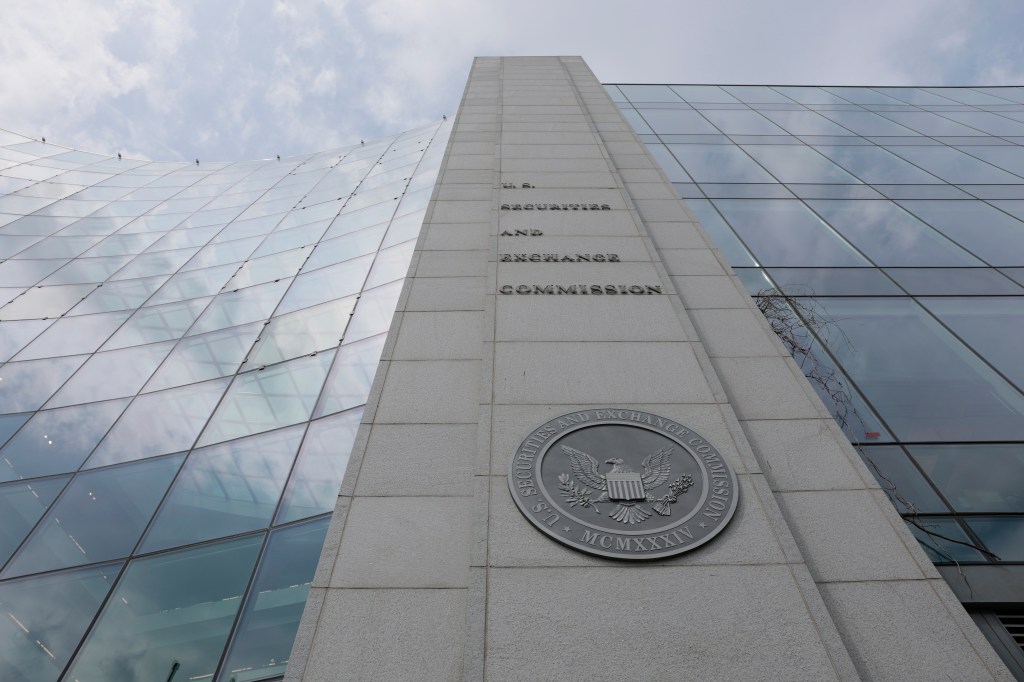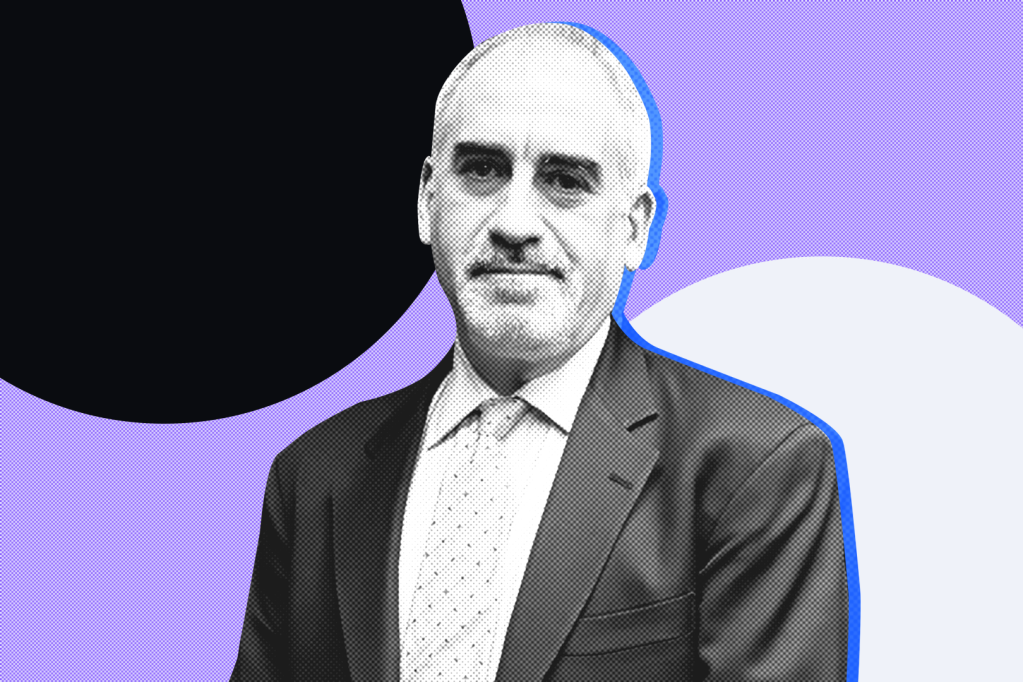This is a transcript of the podcast episode Howard Fischer with the US crypto update between GRIP’s US content manager, Julie DiMauro, and Moses Singer LLP and a former SEC litigator, Howard Fischer.
[INTRO]
Julie DiMauro: Hi, welcome to Global Relay Intelligence and Practice podcast. My name
Register for free to keep reading
To continue reading this article and unlock full access to GRIP, register now. You’ll enjoy free access to all content until our subscription service launches in early 2026.
- Unlimited access to industry insights
- Stay on top of key rules and regulatory changes with our Rules Navigator
- Ad-free experience with no distractions
- Regular podcasts from trusted external experts
- Fresh compliance and regulatory content every day













